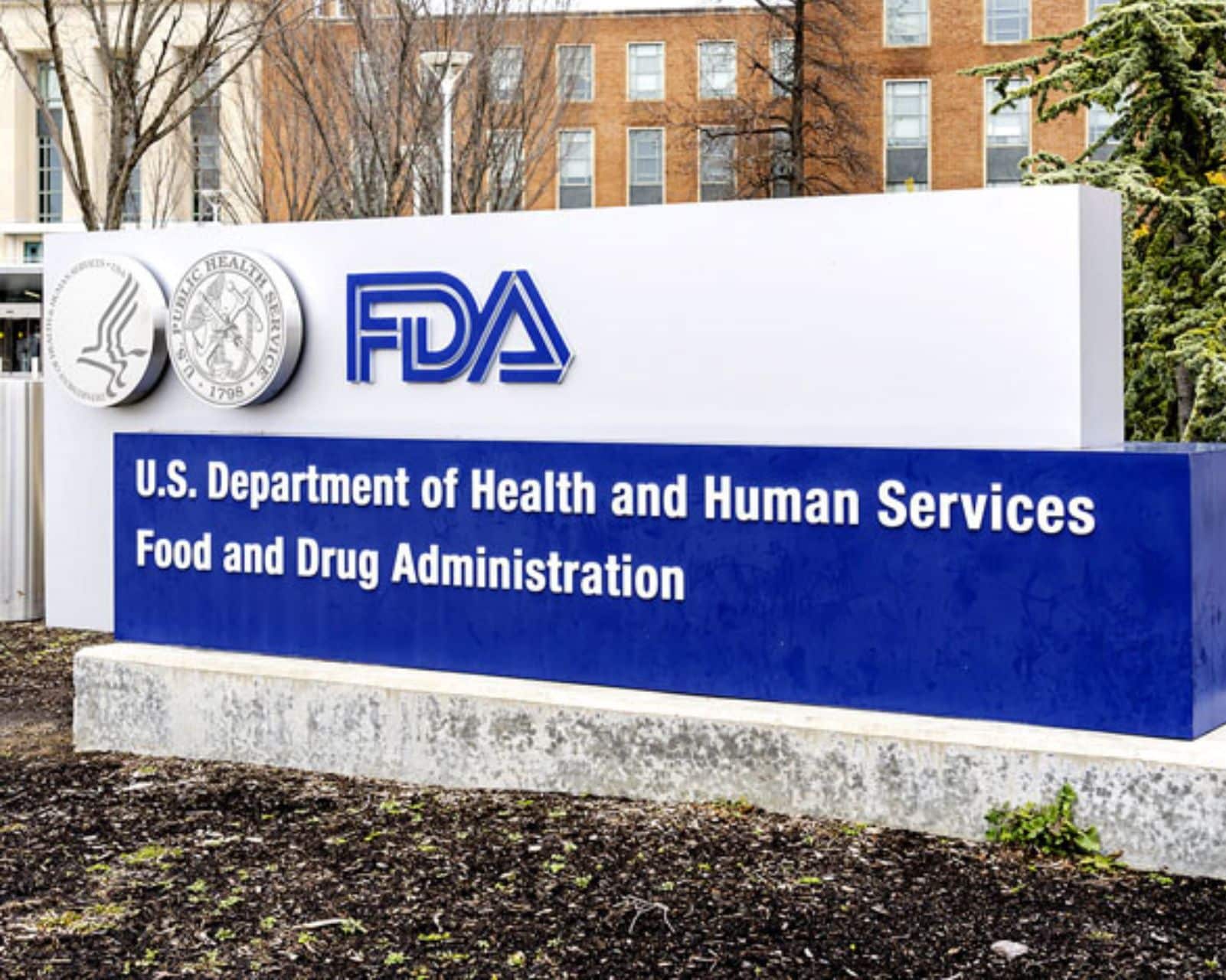

A new AI breast cancer prediction tool that studies mammogram images to help doctors spot breast cancer risk early has been approved for use in the United States.
The US Food and Drug Administration recently cleared CLAIRITY BREAST, a system designed to find early signs of possible breast cancer by analyzing routine breast scans. The tool provides doctors with a five-year risk score to help them determine if a patient might require closer monitoring or additional tests.
The score appears directly within the medical systems already used by clinics, making it easy for providers to access without changing their current workflow.
This marks a major shift in how we assess cancer risk, said Jeff Luber, CEO of the company behind the technology, in a statement. It can detect patterns in breast tissue from scans that appear normal, before cancer develops.
The approval follows years of testing. The system was trained using millions of mammogram images. To check its effectiveness, researchers reviewed its performance on over 77,000 breast scans from five different screening centers across the country.
These screening centers included both hospital-based and independent clinics. They serve a wide mix of patients from different areas and backgrounds. The results were compared with real health data collected over five years, confirming the tool’s ability to provide accurate risk scores.
BREAKING: FDA approves the first-ever AI tool to predict breast cancer
Clairity Breast’s AI analyzes 2D mammograms to predict five-year risk without using family history or demographics. Commercial launch is planned for later this year. pic.twitter.com/uAuOyUATy5
— Healthcare AI Guy (@HealthcareAIGuy) June 6, 2025
Experts believe this type of personalized screening could make a big difference in how breast cancer is detected and treated.
Dr. Robert A. Smith, senior vice president for early cancer detection at the American Cancer Society, said tools like this offer a better way to identify who may be at greater risk.
“Personalized, risk-based screening is critical to improving breast cancer outcomes, and AI tools offer us the best opportunity to fulfill that potential,” Dr. Smith said in a statement.
“By integrating AI models that assess individual risk, we can better identify women at higher risk, and those who may benefit from supplemental screening methods, such as MRI, improving early detection and more effective prevention strategies.”
While the system does not diagnose cancer, it helps doctors decide who may benefit from closer attention. In certain cases, additional tests such as an MRI may be included, although they are not typically part of routine exams.
The goal is to utilize information already available in standard screenings and turn it into a clearer picture of future risk. Health experts view the tool as part of a growing trend towards more tailored care, where one-size-fits-all screenings are replaced by plans based on each person’s risk level.
The company behind CLAIRITY BREAST says the tool is built to support this shift, working behind the scenes to help doctors make more informed decisions and provide patients with more targeted care.
